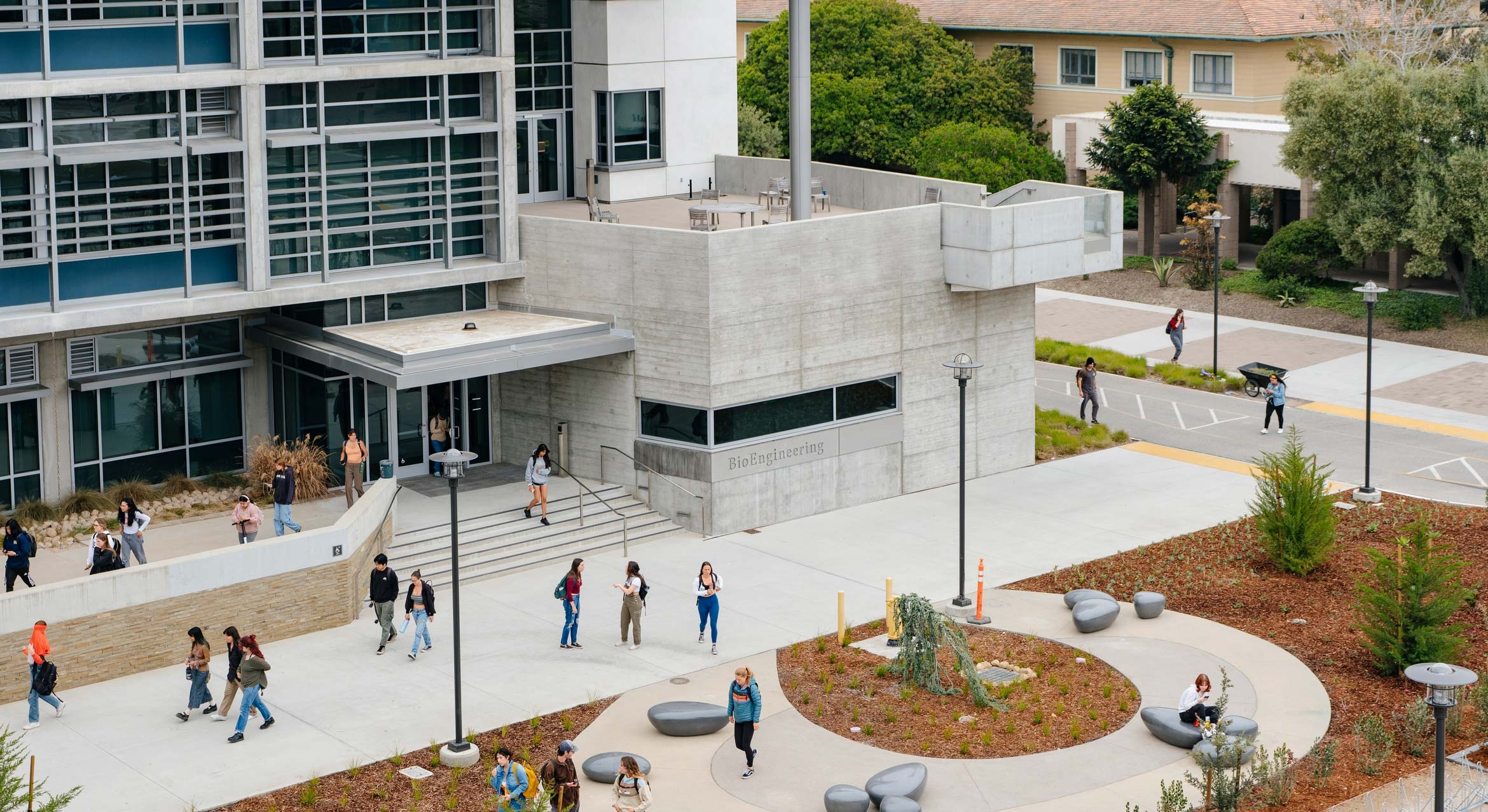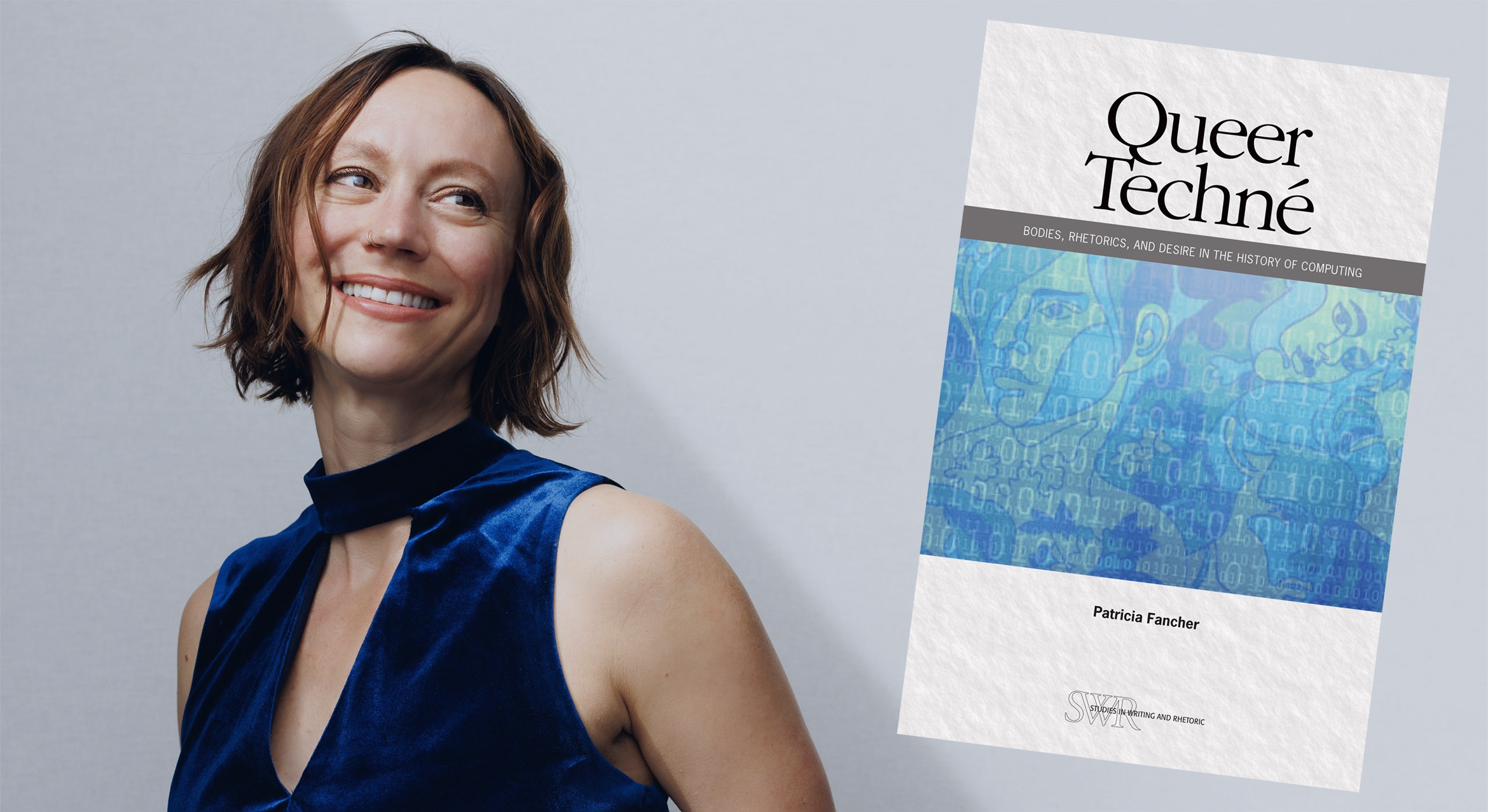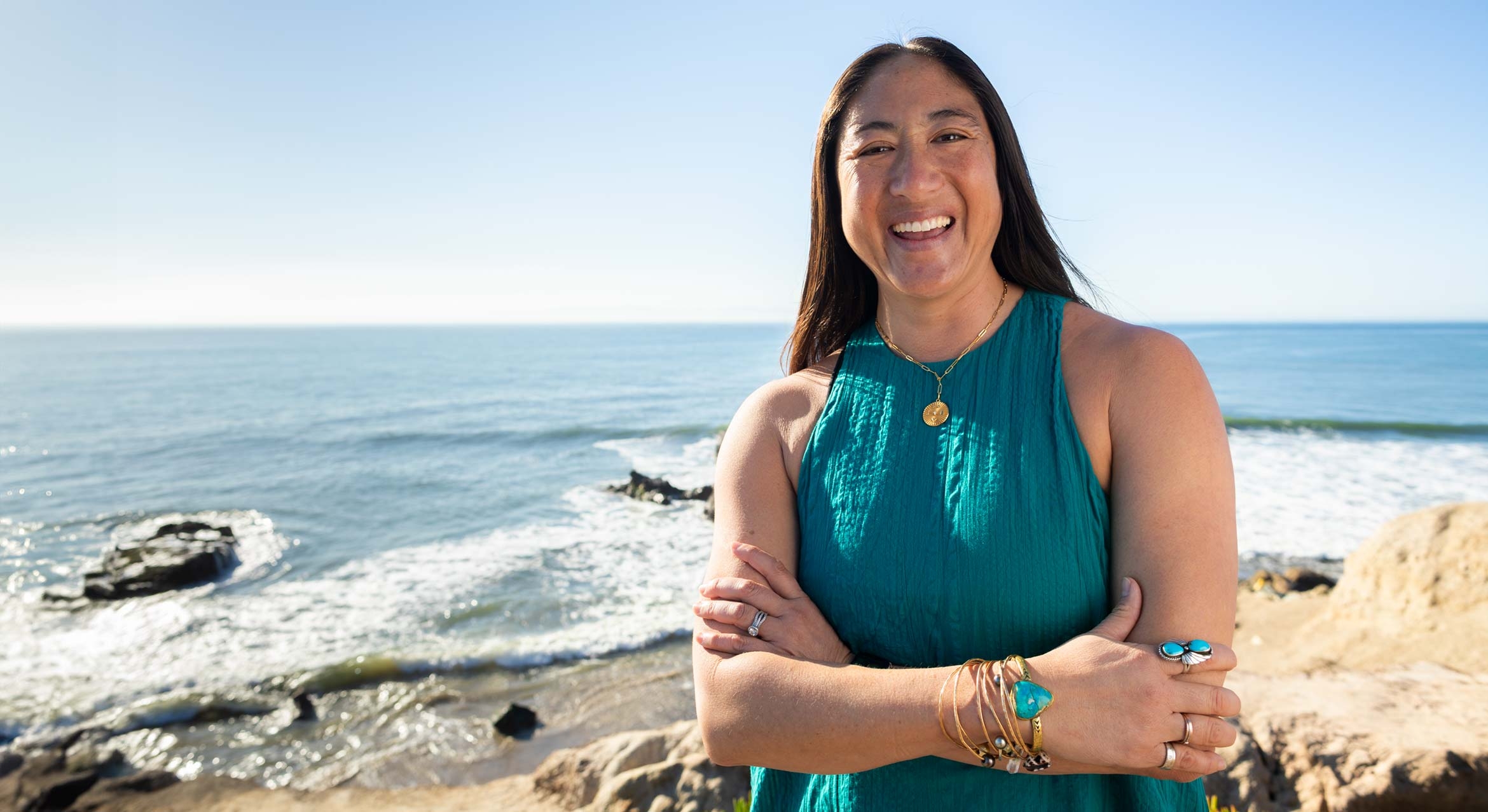
The university’s accreditation is reaffirmed as it advances strategic goals for the future
Following an intensive, multiyear and collaborative process, UC Santa Barbara’s accreditation has been reaffirmed by the Western Association of Schools and Colleges Senior College and University Commission (WSCUC) for the maximum ten-year term. The visiting team’s report praised the campus’s commitment to a liberal arts education in the context of a research institution. It also cited an innovative, equity-focused study, undertaken as part of the accreditation process and for developing “a framework and vocabulary … to engage the campus in institutional cultural change.”
“I am proud of the way in which our campus used this re-accreditation process to study important questions related to student success,” said Executive Vice Chancellor David Marshall. “We will use the data and analyses developed in our study to enhance advising, pedagogy and curricular planning to support our students as they pursue their educational goals.”
UC Santa Barbara sought and was approved to focus its reaccreditation through WSCUC’s Thematic Pathway for Reaffirmation (TPR). That is what enabled the campus to conduct its two-year examination — with equity as its lens — into how students navigate their journeys through the university. The study centered on departments in which greater numbers of incoming students switch out after matriculating, “efflux departments,” and those that students enter after changing majors, “influx departments.” It also examined associated “effectors of opportunity,” or manifestations of systemic inequities that have been shown to correlate with academic performance. This entailed understanding factors relating to the experience of belonging to first generation, low-income and/or minoritized groups.
“The approach that we took to this study was to use it as an opportunity to dig into issues we needed to spend some time thinking about as the campus has grown, and has been designated a minority-serving institution, in order to propel us toward important strategic objectives,” noted Professor Linda Adler-Kassner, associate vice chancellor of teaching and learning and UCSB’s accreditation liaison officer.
“Conducting the study enables us to better understand the campus and students’ journeys through it from a data-based perspective that we didn’t have before,” she added. “This will provide some important guidelights for the future.”
This study was conducted with the support of a steering committee and an executive committee that included administration, Academic Senate, and student leadership at the highest levels, including EVC Marshall and Academic Senate Chair Susannah Scott. Adler-Kassner; Professor Michael Gordon, current chair of chemical engineering and Amanda Brey, director of program review, co-chaired the TPR process. Dozens of faculty and staff members and students helped to conduct and analyze the research for the study. The work of Steven Velasco, director of institutional research, and Laurel Wilder, associate director, was integral.
“I am gratified that the study and its findings reflect our commitments as a minority-serving institution,” wrote Chancellor Henry T. Yang, in a letter to the campus community. “They will guide our strategic investments over the next decade. We appreciate all the members of our campus community who contributed to this important and successful effort.”
The WSCUC Commission directed UC Santa Barbara to submit an interim report in 2028 to address its progress in four areas: continuing to investigate and implement strategies to effectively manage undergraduate and graduate student enrollment; aligning personnel and financial resources to ensure successful implementation of the TPR objectives and assess impact; evaluating campus climate and disseminating and acting on results in a timely fashion; and ensuring that program reviews are sufficiently frequent to address equity-based assessments and structural challenges.
Shelly Leachman
Editorial Director
(805) 893-2191
sleachman@ucsb.edu



